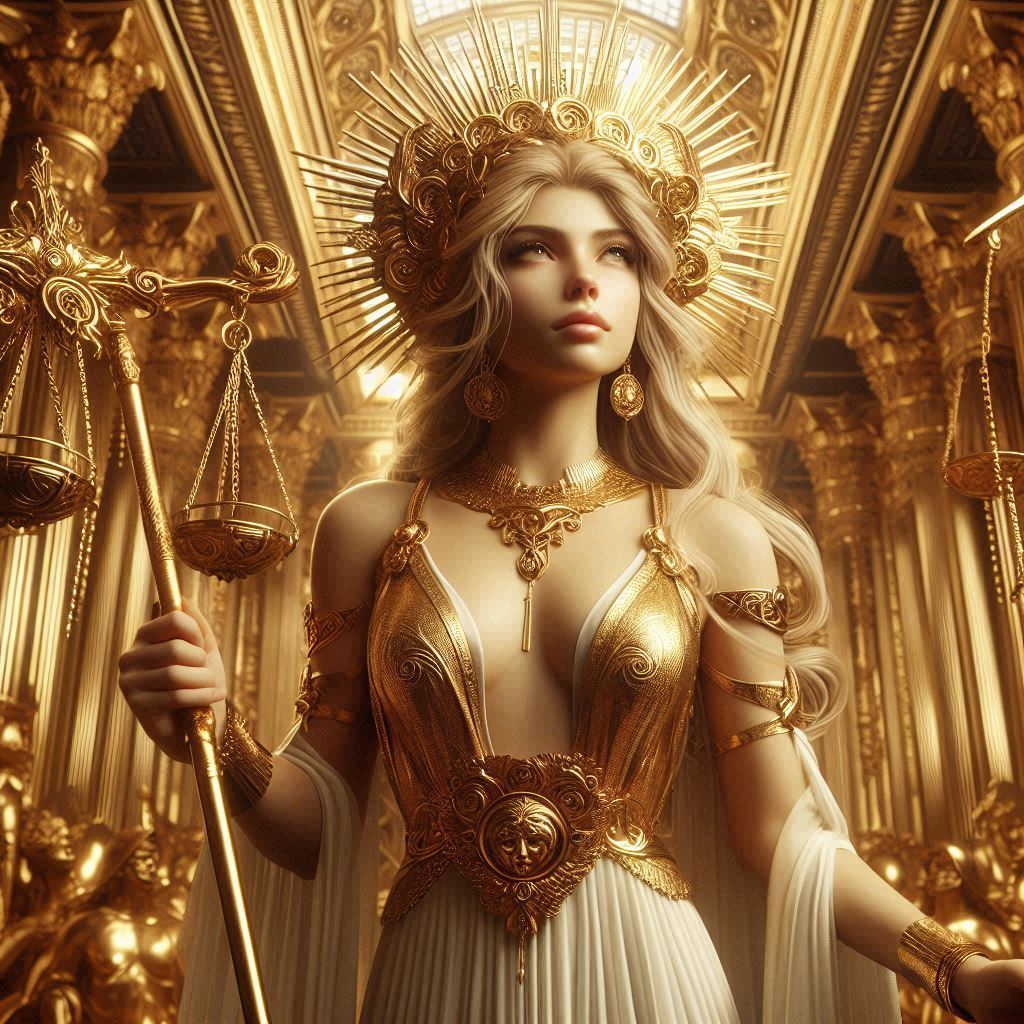Table of Contents
African Literature in the 21st Century: Voices of Diversity, Identity, and Transformation
African literature in the 21st century stands as a dynamic and multifaceted reflection of the continent’s history, cultural diversity, and ongoing evolution. As a literary tradition deeply rooted in oral storytelling, myths, and collective memory, it has grown to encompass a wide array of forms, styles, and themes that resonate both locally and globally. The 21st century marks a period of profound transformation, where African writers have gained unprecedented visibility on the global stage, challenging stereotypes, redefining identities, and addressing complex social, political, and existential issues.

The Continuation of Oral Traditions
Oral traditions have always been a cornerstone of African storytelling, and their influence persists in 21st-century literature. Contemporary authors often incorporate elements of oral narratives, such as proverbs, folktales, and communal storytelling styles, into modern forms. Writers like Chimamanda Ngozi Adichie and Ben Okri weave oral traditions into their narratives, using them to explore themes of memory, identity, and resilience. These literary works honor the past while engaging with contemporary realities, ensuring that African storytelling remains rooted in its cultural heritage.
Thematic Diversity and Global Resonance
One of the most striking features of 21st-century African literature is its thematic diversity. Writers address a broad spectrum of issues, ranging from postcolonial identity, gender inequality, and political corruption to climate change, migration, and globalization.
- Postcolonial Identity and Nationhood: The lingering effects of colonialism continue to be a central theme. Novels such as Half of a Yellow Sun by Chimamanda Ngozi Adichie explore the scars left by colonial conflicts and civil wars, offering nuanced perspectives on national identity and historical memory.
- Gender and Feminism: Female African writers have emerged as powerful voices, challenging patriarchal norms and advocating for gender equality. Writers like Tsitsi Dangarembga (This Mournable Body) and Nnedi Okorafor (Who Fears Death) blend realism with speculative fiction to critique societal inequalities and envision transformative futures.
- Climate and Environmental Concerns: As the continent faces significant ecological challenges, African literature increasingly addresses environmental degradation and climate change. Works like The Old Drift by Namwali Serpell explore the intersections of history, technology, and ecological sustainability, blending speculative elements with real-world issues.
- Migration and Diaspora: The 21st century has seen a surge in narratives about migration and the African diaspora, reflecting the complexities of global mobility and the search for belonging. Writers such as Teju Cole (Open City) and Taiye Selasi (Ghana Must Go) explore themes of displacement, cultural hybridity, and the emotional landscapes of immigrants.
The Rise of Speculative Fiction and Afrofuturism
Speculative fiction and Afrofuturism have emerged as influential genres in African literature, offering imaginative spaces to reimagine African histories, futures, and possibilities. Authors like Nnedi Okorafor, Tade Thompson (Rosewater), and Mohale Mashigo (The Yearning) employ science fiction, fantasy, and magical realism to challenge conventional narratives and envision alternative futures where African agency and innovation are central. These genres also provide a platform to critique contemporary issues such as systemic racism, technological inequities, and global power dynamics.
Language and Literary Form
Language plays a critical role in African literature, and the 21st century has witnessed a growing movement to celebrate indigenous languages alongside colonial ones. While English, French, and Portuguese remain dominant, many writers incorporate indigenous languages, idioms, and linguistic rhythms into their works. Writers like Ngũgĩ wa Thiong’o have long advocated for decolonizing African literature by writing in native languages. This trend underscores the importance of linguistic diversity in preserving cultural identities.
Experimentation with literary form is also notable. Authors blend traditional narrative structures with experimental techniques, using fragmented narratives, multi-perspective storytelling, and nonlinear timelines to reflect the complexities of modern African realities.
The Role of Technology and Digital Platforms
The digital revolution has had a profound impact on African literature, democratizing access to storytelling and enabling new forms of expression. Online platforms, blogs, and social media have become spaces for emerging writers to share their voices and reach global audiences. Literary journals and platforms such as Brittle Paper and Jalada Africa provide vibrant spaces for collaboration, publication, and critique, fostering a new generation of African writers.
Additionally, digital technologies have facilitated the resurgence of oral storytelling traditions through podcasts, audiobooks, and virtual performances, ensuring that African narratives continue to evolve in a rapidly changing world.
Global Recognition and Literary Awards
The 21st century has brought significant international recognition to African writers. Prestigious awards such as the Booker Prize, Nobel Prize, and Commonwealth Writers’ Prize have celebrated the contributions of African authors, amplifying their voices on the global stage. Writers like Abdulrazak Gurnah, winner of the 2021 Nobel Prize in Literature, and Bernardine Evaristo, co-winner of the 2019 Booker Prize, exemplify this trend, bringing African perspectives to global readerships.
Challenges and Future Prospects
Despite its successes, African literature faces challenges, including limited publishing infrastructure, language barriers, and accessibility issues. However, initiatives to promote local publishing, translation, and educational access are addressing these obstacles, ensuring that African voices continue to thrive.
The future of African literature lies in its ability to adapt, innovate, and connect with diverse audiences while staying true to its roots. As African writers continue to explore new genres, platforms, and themes, they contribute to a global literary landscape that is richer, more inclusive, and more reflective of the human experience.
Conclusion
African literature in the 21st century is a testament to the continent’s resilience, creativity, and diversity. It bridges the past and present, local and global, offering profound insights into the complexities of African realities. By embracing a multiplicity of voices and perspectives, African literature not only enriches the global literary canon but also redefines what it means to be African in an interconnected world.


No responses yet